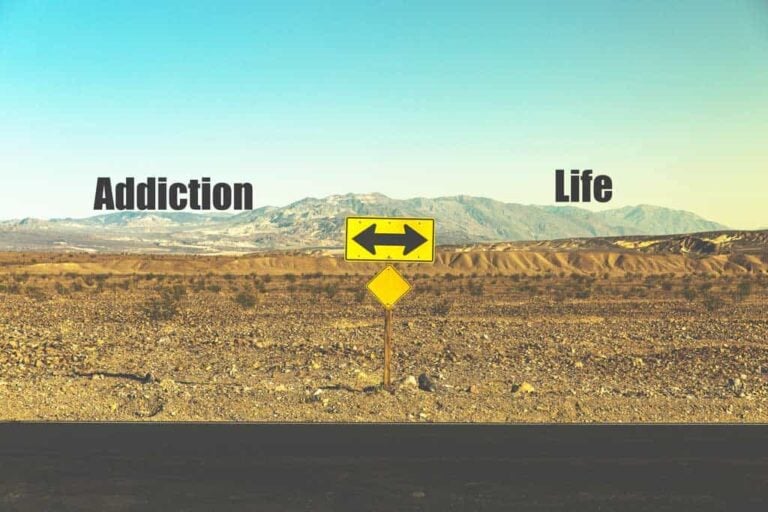The following article explains the two main approaches done in Costa Rica Treatment Center by the EMDR therapist. Our high recovery percentage is thanks to the…
The following article explains the two main approaches done in Costa Rica Treatment Center by the EMDR therapist. Our high recovery percentage is thanks to the application not only of a 12 Step Program, but the implementation of psychotherapy for trauma related events in the addicted person.
Understanding How EMDR Approaches Trauma and Addiction
Early life experiences, before 18, have a high-risk factor associated with the incidence of addictive behaviors later in life. Some people are even more vulnerable to psychiatric comorbidity, that may or may not include symptoms typical to PTSD. Call it depression, anxiety, Bipolar disorder, personality disorder, psychological and/or physical, sexual abuse, negligence, to name a few.
EMDR therapy has an integrative psychotherapy approach guided by the adaptive information processing model (AIP) which describes how memory representations of high arousal events are stored in a dysfunctional manner with the original emotions, physical sensations, and beliefs available during these events. Any stimuli that the brain associates with the “frozen memory” may trigger the body and brain into reliving the event. With eye movements, tapping, any type of bilateral stimulation, the original memory is desensitized, giving the space for the memory to merge with related memories, allowing new learning to be reencoded (see What is EMDR Therapy and How Can It Help Overcome Addiction).
Under the comprehension that natural neuroplasticity exists known as memory reconsolidation, EMDR has two approaches to addiction: Trauma focused, where the EMDR standard protocol would be used to assist recovery from addiction by treating underling trauma and comorbid PTSD. And, Addiction focused, where therapy would target non-trauma memory representations of addiction.

Trauma-Focused EMDR in Addicted Patients
Trauma therapy implemented alongside addiction treatment reduces PTSD severity- thus is highly valuable for reducing dropout rates in addiction patients (Perez-Dandieu and Tapia, 2014). The key factor for this reduction in dropouts is the complementing benefits of non-trauma related treatment such as 12 Step Programs, AA/NA meetings, EMDR addiction-focused therapy, Occupational therapy, CBT.
Treatment for PTSD and comorbidity (depression, phobia, personality problems) with addiction is feasible and safe. Fitted with addiction focused programs treatment positive outcomes are highly related not only to trauma symptoms but to therapy satisfaction, and treatment completion with positive impact on cravings, time of relapse, and abstinence rates (Brown et al., 2015).
Addiction Focused EMDR
EMDR targets addiction related symptoms, emotions and memories involving cravings, fear of relapse or past patterns of relapse, pleasant memories of drug use, and general sense of helplessness toward the addiction. Currently, there are 4 protocols and depending on the patients history, its overall assessment, substance use, the therapist will decide which approach best suits the patients factors that contributed to the addiction and the factors that maintain the behavior.
The 4 approaches involve:
- Desensitization of triggers and urge reprocessing focusing on lowering the level of urge, by accessing a positive internal state.
- The craving protocol is based on how the addiction on its own develops an “addiction memory” with its own memories of loss of control and substance-specific memory representations regarding relapse (first, worst, most recent) and cravings present triggers and future fears.
- Work on the dysfunctional positive affect which targets ambivalence regarding treatment goals.
- Finally, identifying the most positive aspects of the problematic behavior and desensitizing them to unveil unfulfilled needs or a negative self-image which can be targeted with standard EMDR protocol.
Understanding addiction requires not only understanding its history of use and beginnings but how the behaviors of addiction that provide short-term reinforcement may engender persistent problematic behavior despite full awareness of adverse long-term consequences. In Costa Rica Treatment Center, the interdisciplinary work between addiction focused therapies, trauma-based therapy and holistic therapy, help to provide treatment goals according to the necessities and the history of the patient. Thus, allowing a grounded and feasible treatment that targets, in the long term, both addiction and trauma focused EMDR approach.
For more information contact us toll free at USA/Canada 1800 708 3656 or email us your inquiries at info@costaricatreatmentcenter.com








